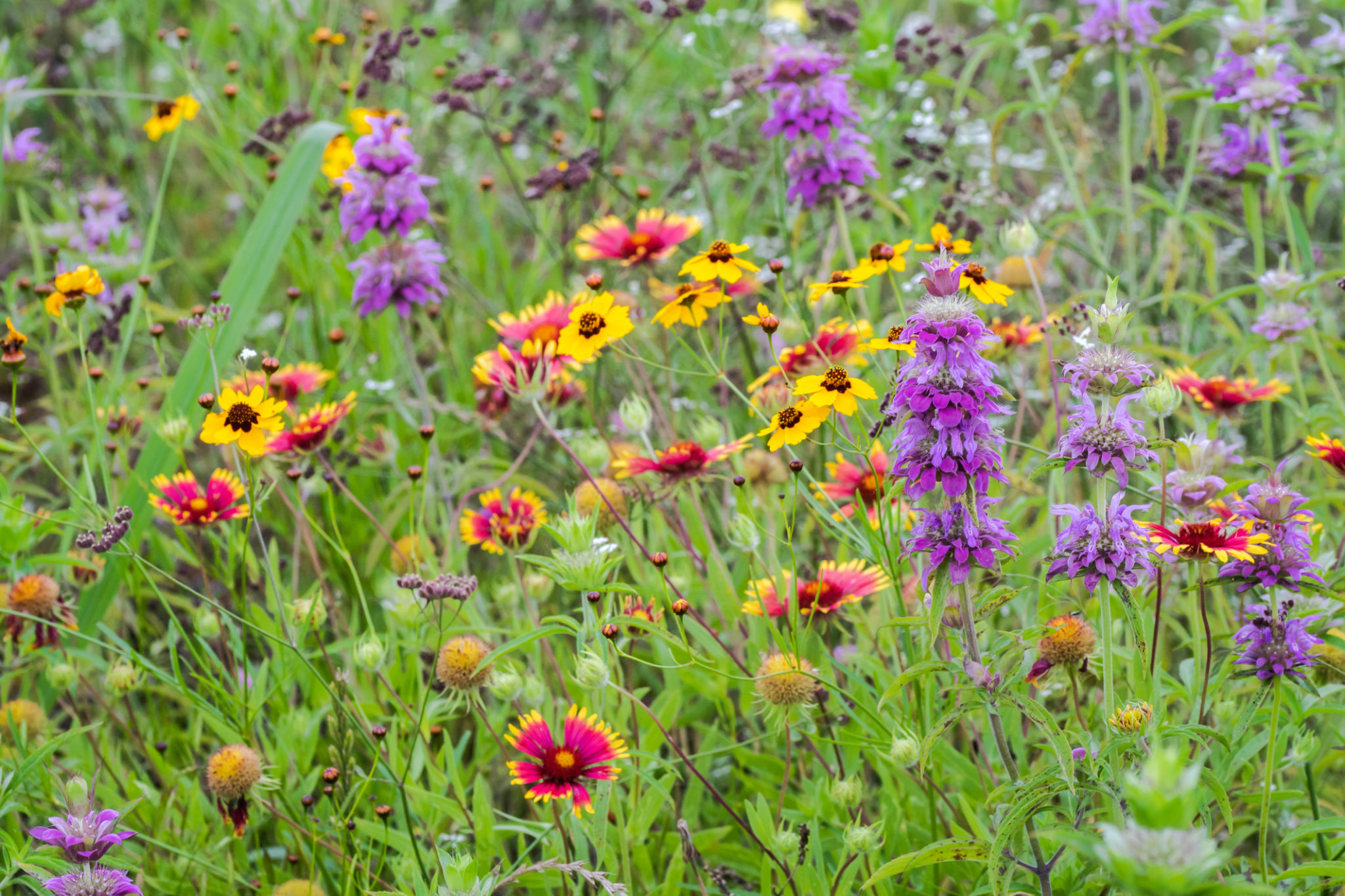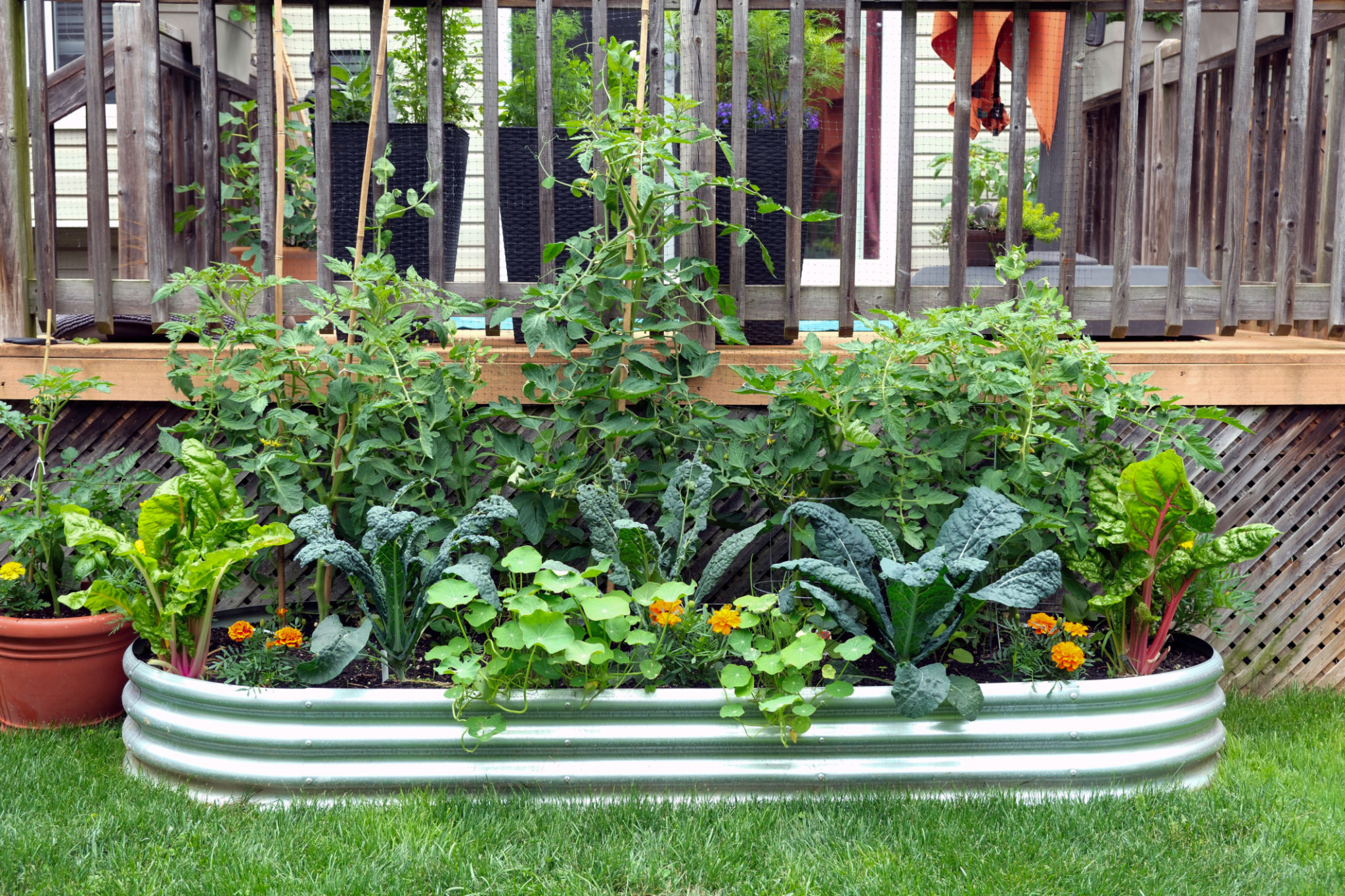Expert Insights: The Latest Trends in Landscaping Design
MP
Embracing Nature with Sustainable Landscaping
As the world becomes more environmentally conscious, sustainable landscaping is gaining significant traction. Homeowners and designers are now focusing on creating eco-friendly spaces that not only enhance aesthetic appeal but also contribute positively to the environment. By incorporating native plants, rain gardens, and permeable paving, landscapes are being designed to reduce water usage and promote local biodiversity.
Native plants are particularly popular due to their ability to thrive in local climates without the need for excessive watering or chemical fertilizers. This trend not only conserves water but also supports local wildlife, creating a harmonious ecosystem within your backyard.

Modern Minimalism: Sleek and Simple
Minimalist design continues to be a dominant trend in landscaping, characterized by clean lines, simple layouts, and a focus on functionality. This style is particularly appealing to those who prefer a low-maintenance garden that still offers a chic and modern vibe. Elements such as geometric shapes, monochromatic color schemes, and sleek materials like steel and concrete are often used to create a polished look.
Incorporating outdoor furniture that complements the minimalist aesthetic can further enhance the space, providing a seamless transition between indoor and outdoor living areas. The key is to focus on quality over quantity, choosing a few statement pieces that stand out.

Smart Technology in Landscaping
The integration of smart technology in landscaping is revolutionizing how we interact with our outdoor spaces. Automated irrigation systems, smart lighting, and robotic lawn mowers are just a few examples of how technology is making yard maintenance more efficient and enjoyable. These innovations not only save time but also optimize resource use, ensuring that your garden remains lush and healthy with minimal effort.
Smart irrigation systems, for example, can detect soil moisture levels and weather conditions to provide the exact amount of water needed, reducing waste and promoting plant health. Similarly, smart lighting can be programmed to highlight specific features of your garden at different times, enhancing security and ambiance.

Edible Gardens: Harvesting Fresh Produce
With the rise of organic living and self-sufficiency, edible gardens have become a popular addition to residential landscapes. These gardens offer the dual benefits of beauty and functionality by allowing homeowners to grow their own fruits, vegetables, and herbs. Not only do edible gardens encourage healthy eating habits, but they also reduce the carbon footprint associated with transporting produce.
Designing an edible garden involves careful planning and consideration of factors such as sunlight, soil quality, and plant compatibility. Raised beds and vertical gardens are practical solutions for maximizing space and ensuring ease of access.

Water Features for Tranquility
Incorporating water features into landscaping designs can transform any outdoor space into a serene retreat. Whether it's a small bubbling fountain or an elaborate waterfall, the sound of flowing water adds a calming effect that enhances the overall ambiance of your garden. Water features also attract wildlife, such as birds and butterflies, further enriching the natural environment.
When selecting a water feature, it's essential to consider the overall style of your garden and the level of maintenance you're willing to undertake. For those with limited space or budget, container water gardens offer an affordable yet impactful alternative.
